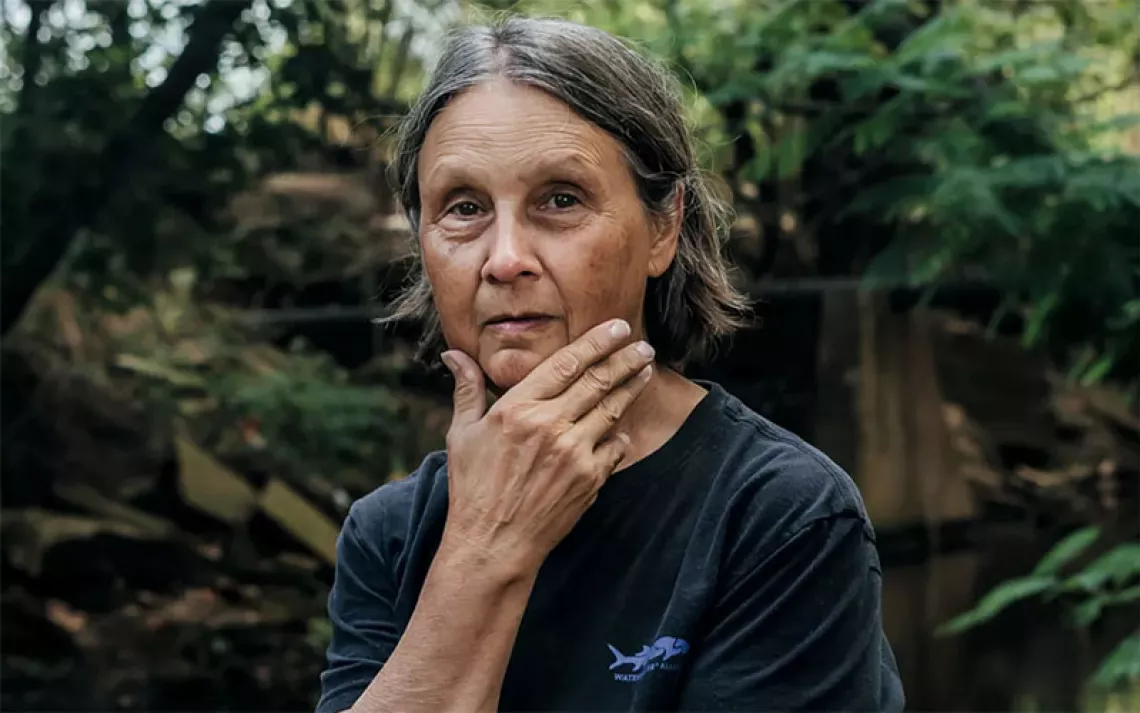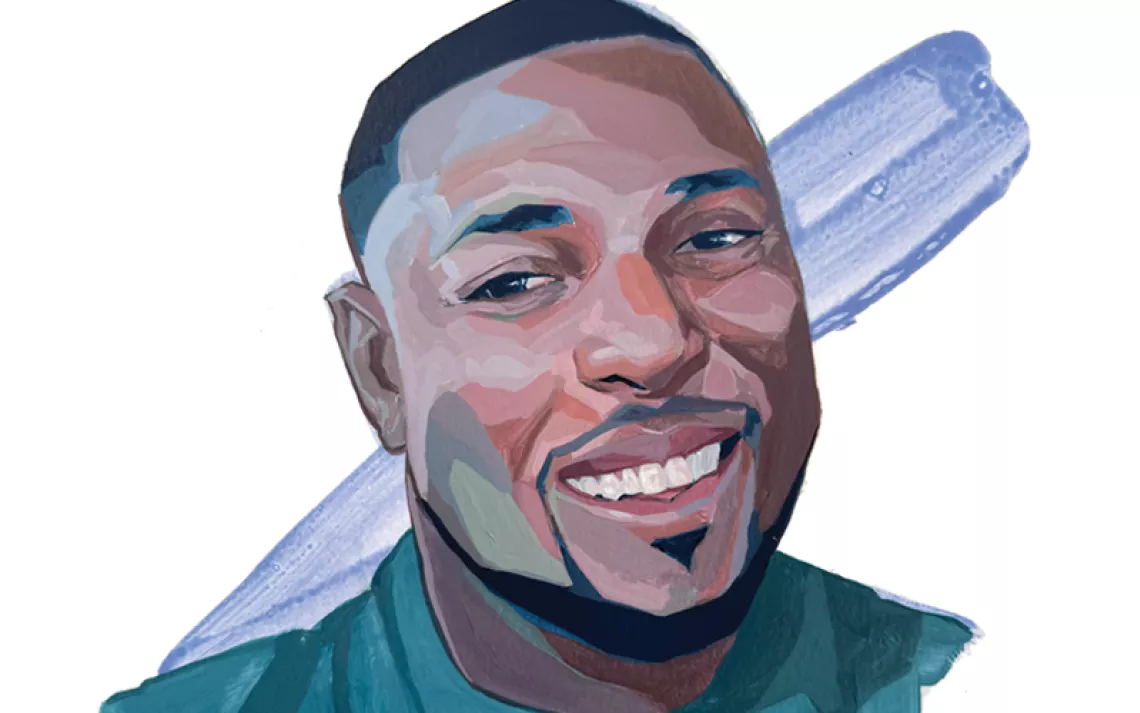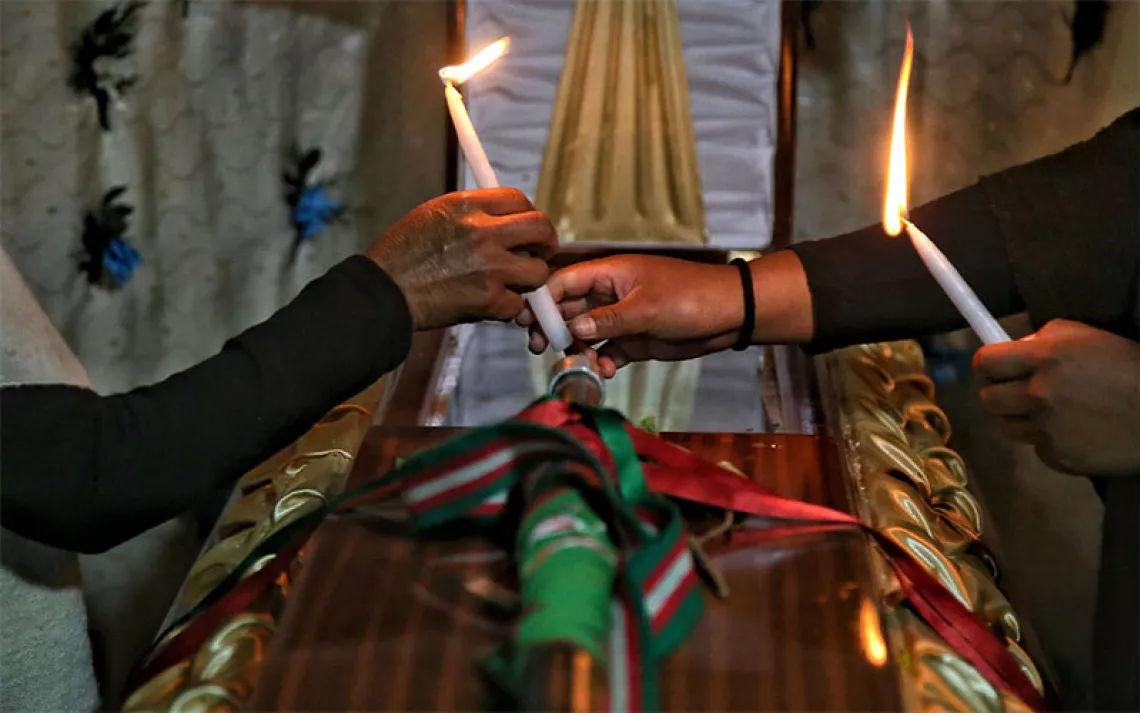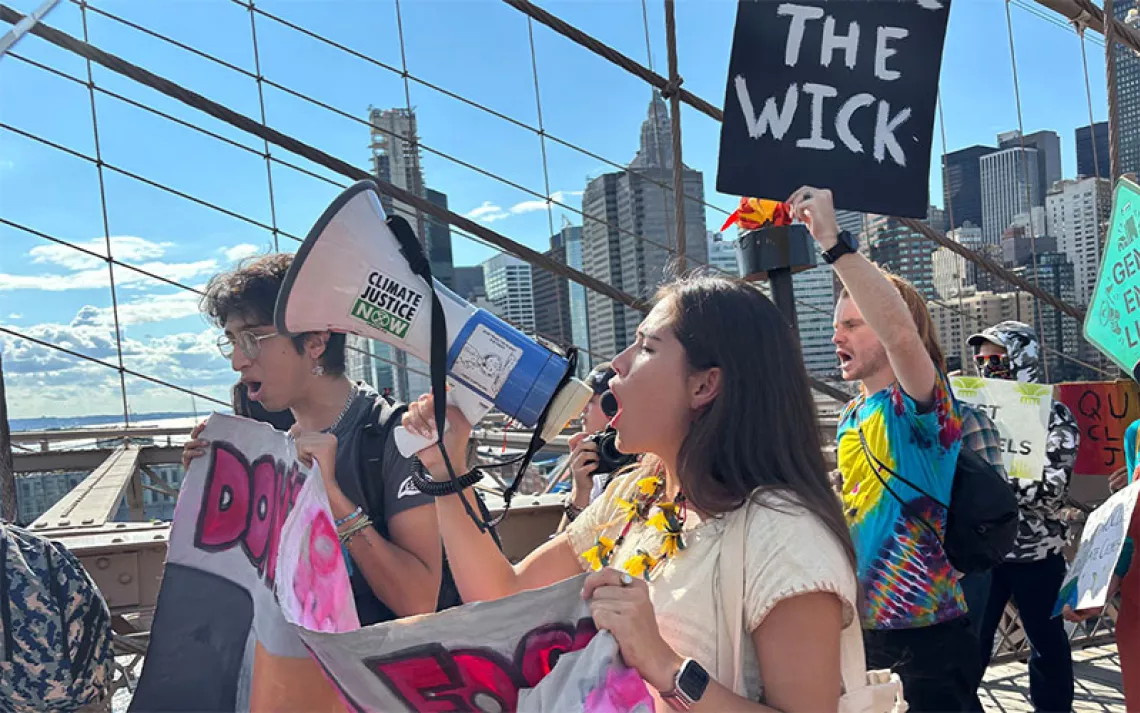Julia Olson, Founder of Our Children's Trust, Is Setting the Legal Bar High
The attorney behind the youth climate change lawsuits shares her story
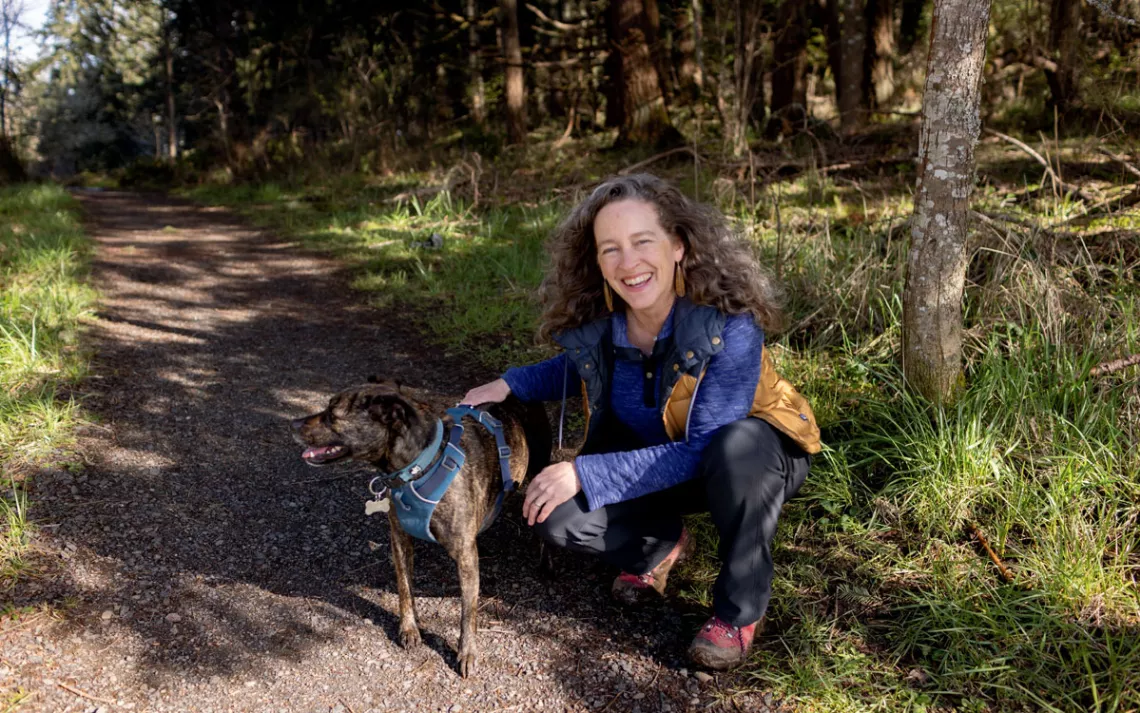
Photo courtesy of Celeste Noche
As a young attorney in the late 1990s, Julia Olson was setting precedents in environmental law using well-worn legal strategies. She challenged violations of environmental statutes and led a team that won one of the first cases requiring the federal government to include climate change in its environmental analyses. Then two things during summer 2006 pushed her to consider legal strategies beyond the bounds of environmental law convention. The first was motherhood: She was a mom and had another son on the way. The second was Al Gore’s climate change documentary An Inconvenient Truth.
“I had been working on climate change in my practice, but watching that film, while I was about to give birth to new life, rocked my world,” Olson said. “It’s about our children and their future. It’s about all these future generations.”
Her realization about the generations-spanning effects of climate destruction led her to create a nonprofit law firm, Our Children’s Trust, in 2010. Her new firm’s strategy was based on a simple premise: Since children can’t vote, they have no say in the makeup of the legislative and executive branches of government. But they do have rights as citizens, and the courts have an obligation to uphold those rights—including the rights to life and liberty, both of which, Olson is convinced, are violated by climate change impacts.
Our Children’s Trust argued that the bedrock rights to life and liberty are meaningless without a stable climate.
Olson and a growing crew of colleagues have spent the past 14 years trying to put that theory into effect. Our Children’s Trust, now with a staff of about 30 people, has filed climate-action lawsuits or rule-making petitions in all 50 states. Those legal actions—along with an ambitious federal constitutional case that has been litigated over the course of three presidential administrations—have revolutionized US climate law.
In 2023, Our Children’s Trust scored an unprecedented victory in one of its state lawsuits, Held v. Montana. Last August, a Montana judge ruled in favor of 16 young people who argued that state policies favoring oil and gas companies violate their state constitutional rights to a clean and healthful environment. “Plaintiffs have proven that as children and youth, they are disproportionately harmed by fossil fuel pollution and climate impacts,” the judge concluded, though the state is appealing the decision.
The organization’s best-known case is its long-running lawsuit against the US government: Juliana v. United States. In their 2015 filing, the Juliana plaintiffs—21 people who were then all under the age of 21—claimed that federal policies have fueled climate change and that the government has “violated the youngest generation’s constitutional rights to life, liberty, and property, as well as failed to protect essential public trust resources.” This claim, Olson explained, rests on the fact that federal officials have been aware of the dangers of climate change since the Johnson administration.
“For at least 60 years, our governments have known that we needed to move off of fossil fuels, or we were going to cause a climate catastrophe,” Olson told Sierra. “Government and the fossil fuel industry have worked hand in hand to keep us locked in an unjust system.”
The Our Children’s Trust cases are also based on the fact that climate change impacts are not a matter of end-of-century predictions—especially for the young plaintiffs. Climate chaos is negatively affecting them now, and they’re able to show a direct impact from climate change on their lives, from flooding to drought.
Nathan Baring, a third-generation Alaskan, is one of the plaintiffs in the Juliana case. Baring, who was 15 when he joined the case, has long been advocating for environmental protections, including lobbying state leaders to create more-sustainable fisheries. “People don’t tend to really pay a lot of attention to what young people are seeking,” Baring said. “More importantly, I think that I recognized that this was not really a political issue anymore because it cut across so many generations that had no political power.”
Our Children’s Trust has pushed the boundaries of environmental law. Most public interest organizations’ environmental lawsuits are based on statutory law, tort law, or the public trust doctrine. The Our Children’s Trust cases fall under constitutional law. Six state constitutions, like Montana’s, include a right to a healthy environment. In the federal Juliana case, Our Children’s Trust argued that the bedrock rights to life and liberty are meaningless without a stable climate.
Michael Burger, executive director of Columbia University’s Sabin Center for Climate Change Law, said that while filing climate cases under constitutional law represents a small fraction of environmental case law, it’s a potent strategy. “The impact that Juliana and other state cases have had is unprecedented,” Burger said. “That case, and Our Children’s Trust’s approach, has really shifted the narrative about climate change and has really helped shape the way that the media, and therefore people, under-stand the nature of the climate crisis.”
Legal scholars across the country now dissect Olson’s strategy and hold conference discussions on its place in US law. Lawsuits similar to the successful suit in Montana are advancing in Virginia, Utah, and Hawai‘i. And plaintiffs in over a dozen countries have filed constitutional climate cases using the Our Children’s Trust template.
The Juliana lawsuit experienced a serious setback in May, when the US Court of Appeals for the Ninth Circuit ordered a lower court judge to dismiss it. The federal appellate judges concluded that the judiciary branch lacked the authority to deliver the remedies the plaintiffs were seeking. Olson blasted the decision and vowed to continue using constitutional law to address the climate crisis.
“A responsible constitutional democracy celebrates the role of all three branches in upholding our most sacred rights and values,” Olson said. “This is a tragic and unjust ruling, but it is not over. President Biden can still make this right by coming to the settlement table.”
 The Magazine of The Sierra Club
The Magazine of The Sierra Club
